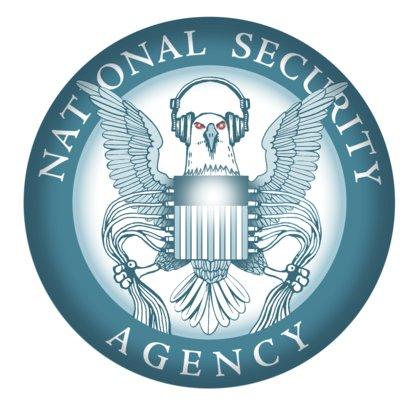You wouldn’t know it from the media websites, but the "Breaking News" isn’t about Jon Benet Ramsey’s killer.
It’s that a federal judge has held that the NSA wiretapping without warrent scheme is unconstitutional, and has enjoined the government from using it.
Glenn Greenwald analyzes the court opinion:
I am almost done with the opinion. Here is my analysis of the bulk of it. It is a very strong opinion in some places, weak in others, but is rather straightforward — and sometimes eloquent — in its almost always unequivocal rejection of the Bush administration’s arguments:
First, the court rejected the administration’s assertion of the "state secrets" doctrine with regard to the NSA eavesdropping program on the ground that the program has already been publicly confirmed by the administration), and that all of the known facts necessary to rule on the plaintiff’s claims — namely, that the administration is eavesdropping without warrants — are already publicly known. The court adopted upon the reasoning of Judge Walker who, as noted above, rejected the administration’s invocation of this doctrine on the same ground.
(The court here did, however, grant the administration’s motion to dismiss the part of the case challenging the constiutionality of the data-mining program, on the ground that it has not been confirmed).
Second, the court ruled that the plaintiffs have standing to challenging the legality of the NSA program even though they cannot prove they have been eavesdropped on, because they have suffered actual harm merely from knowing that the Government is eavesdropping. They all allege that they have extensive communications with the Middle East by telephone and fear that the administration is listening in without a warrant. Some are attorneys who fear the administration is eavesdropping on their conversations with their clients and witnesses, and whose clients have ceased communicating with them openly as a result.
Thus, the court held that these plaintiffs are suffering actual harm in their ability to carry out their professional duties as a result of the administration’s warrantless eavesdropping program. That actual harm confers on them standing to challenge the legality of the program. The court also emphasized, in an excellent section I will quote shortly, that it is vital to our democracy that the administration’s conduct not remain beyond the reach of judicial scrutiny.
Third, the court ruled — rather emphatically and without much doubt — that warrantless eavesdropping violates the Fourth Amendment’s prohibition on unreasonable searches and seizures (generally speaking, serches undertaken in the absence of a probable cause warrant). Citing the 1972 Supreme Court decision in the Keith case (more on that here) — which held that warrantless eavesdropping is unconstitutional in the context of investigating domestic terrorist terrorist groups — the court held (admittedly without much reasoning or even explicit arguments) that the same reasoning applies to make warrantless eavesdropping unconstitutional in the context of investigating international terrorist groups.
Fourth, the court ruled independently — again, without all that much reasoning — that the NSA program violates the plaintiffs’ First Amendment rights, apparently because it chills (deters) their free expression. Since they know the Government can eavesdrop without warrants on conversations of those groups and individuals deemed "subversive," the program abridges free expression in a way that the First Amendment prohibits.
Fifth, the court relied upon Youngstown to hold that the Executive’s powers in the national security area do not entitle him to act beyond the law or the constitution, and that courts are empowered under our constitution to enjoin and restrict the exercise even of national security powers when the President’s conduct violates the law or the Constitution.

